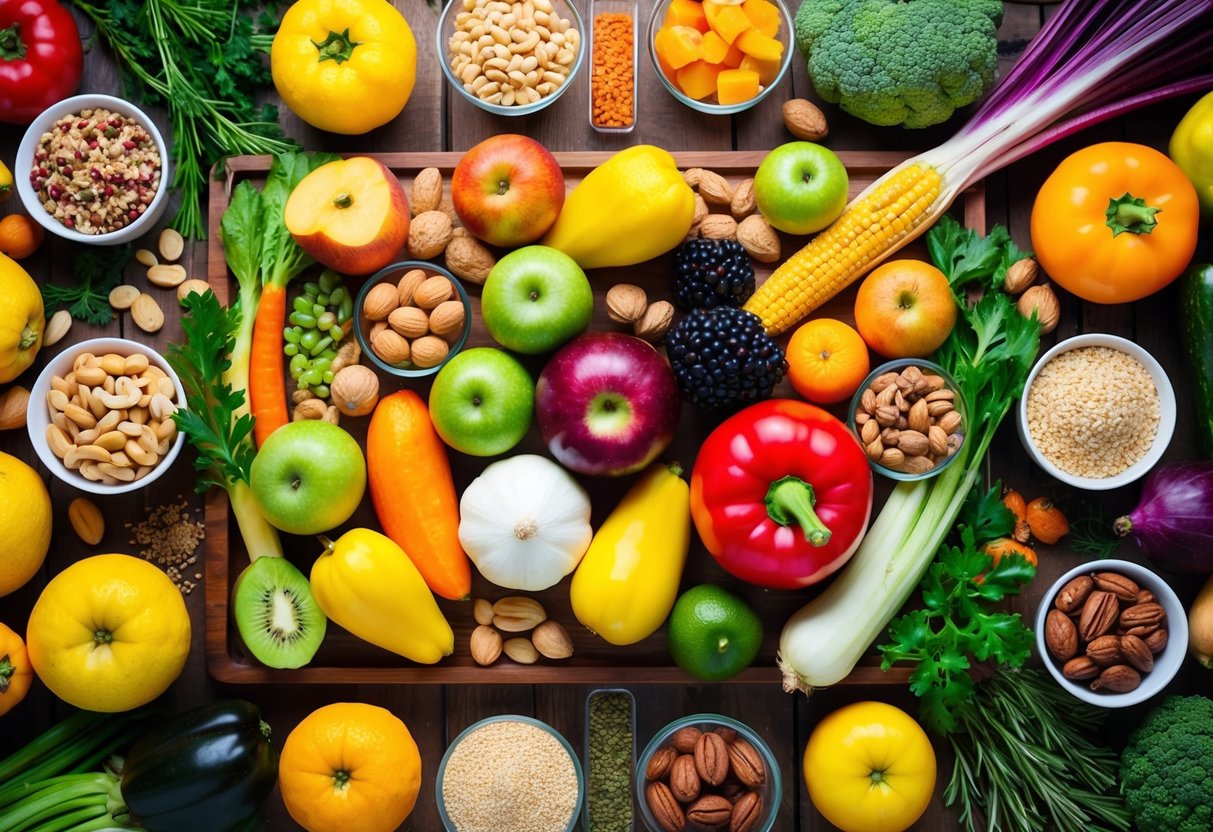
Processed Meats and Refined Grains
Processed meats, such as sausages, bacon, and deli meats, often contain high levels of sodium and preservatives, which can increase the risk of cardiovascular diseases and certain types of cancer. The high sodium content in these products can lead to high blood pressure and other related health issues over time.
Refined grains, like white bread and white rice, lack fiber and essential nutrients, as much of their nutritional value is removed during processing. Consuming these grains frequently can result in blood sugar spikes and contribute to insulin resistance. Replacing them with whole-grain alternatives can provide more fiber, vitamins, and minerals.
Sugar-Sweetened Beverages and Snacks
Sugar-sweetened beverages, including sodas, energy drinks, and sweetened teas, are leading sources of added sugar in many diets. These drinks provide a high caloric intake with little to no nutritional benefits. Over time, regular consumption can lead to increased risks of obesity, type 2 diabetes, and dental cavities.
Traditional snack foods, such as chips and candy, are often low in essential nutrients and high in added sugars and unhealthy fats. These snacks can quickly add up to a significant amount of empty calories, increasing the risk of weight gain. When consumed in excess, alcohol can also contribute to overall calorie intake without providing health benefits. Opting for healthier snacks like fruits, nuts, and whole-grain options can help reduce these risks.
Role of Nutrient-Dense Foods in Disease Prevention
Incorporating nutrient-dense foods into a daily diet can significantly impact health, offering benefits such as reducing the risk of heart disease, supporting diabetes management, and aiding in cancer prevention.
Heart Disease and Healthy Fats
Healthy fats play an essential role in reducing the risk of heart disease. Omega-3 fatty acids, found in fish such as salmon and sardines, help lower blood pressure and reduce inflammation. Replacing saturated fats with monounsaturated and polyunsaturated fats can support a heart-healthy dietary pattern.
Nuts, avocados, and olive oil are excellent sources of these beneficial fats. They help maintain cholesterol levels, further reducing heart disease risk. Additionally, lean protein sources such as poultry and legumes are important in maintaining a balanced diet, supporting cardiovascular health.
Diabetes Management with Whole Grains
Whole grains are vital in managing type 2 diabetes effectively. Foods such as oats, quinoa, and brown rice have a low glycemic index, which helps regulate blood sugar levels. They are rich in fiber, prolonging digestion and preventing rapid spikes in blood sugar.
Including whole grains in meals can enhance insulin sensitivity. This can aid individuals with diabetes by managing blood glucose more effectively. The dietary guidelines recommend whole grains as a staple, encouraging their consumption as a key strategy in diabetes management.
Cancer Prevention Through Diet
A diet rich in fruits, vegetables, and whole grains can play a role in cancer prevention. Antioxidants, found in berries, spinach, and sweet potatoes, are known to combat free radicals that damage cells. Regular consumption of these foods supports the body’s defense mechanism against cancer.
Moreover, adopting a diet low in processed foods and red meats reduces inflammation and lowers cancer risk. Lean protein sources like poultry and fish serve as healthier alternatives. Emphasizing nutrient-dense foods contributes to an overall healthier lifestyle, potentially reducing the likelihood of developing cancer.
Enhancing Nutrient Absorption
Understanding how to enhance nutrient absorption can significantly improve the nutritional value of a diet. The choices in food combinations and cooking methods play a crucial role in maximizing nutrient intake, affecting elements such as fats, fibers, antioxidants, and the gut microbiome.
The Influence of Food Combinations
Combining certain foods can have a substantial impact on nutrient absorption. For instance, fat-soluble vitamins such as A, D, E, and K are better absorbed when consumed with dietary fats.
Adding healthy fats like avocados or olive oil to meals can aid in this process. Furthermore, vitamin C can enhance the absorption of iron from plant-based foods. By adding citrus fruits or bell peppers to iron-rich foods like spinach or lentils, absorption rates can increase.
Fiber also plays a dual role. While essential for gut health, excessive fiber intake can hinder the absorption of some minerals like calcium and zinc. A balanced approach can help maintain gut health without compromising mineral uptake.
Impact of Cooking Methods
Cooking methods can significantly alter the nutrient content and bioavailability of foods. For example, steaming vegetables like broccoli and spinach can help retain important antioxidants more effectively than boiling.
Cooking tomatoes increases the availability of lycopene, a powerful antioxidant, by breaking down cell walls, making it easier for the body to absorb.
Cooking also affects the gut microbiome. Fermented foods like sauerkraut and kimchi support gut health with beneficial probiotics that thrive with minimal heat exposure.
Preparation techniques that limit nutrient loss while enhancing flavors are valuable in a nutrient-dense diet. Balancing cooking methods with nutrient needs can optimize dietary benefits and promote better overall health.



